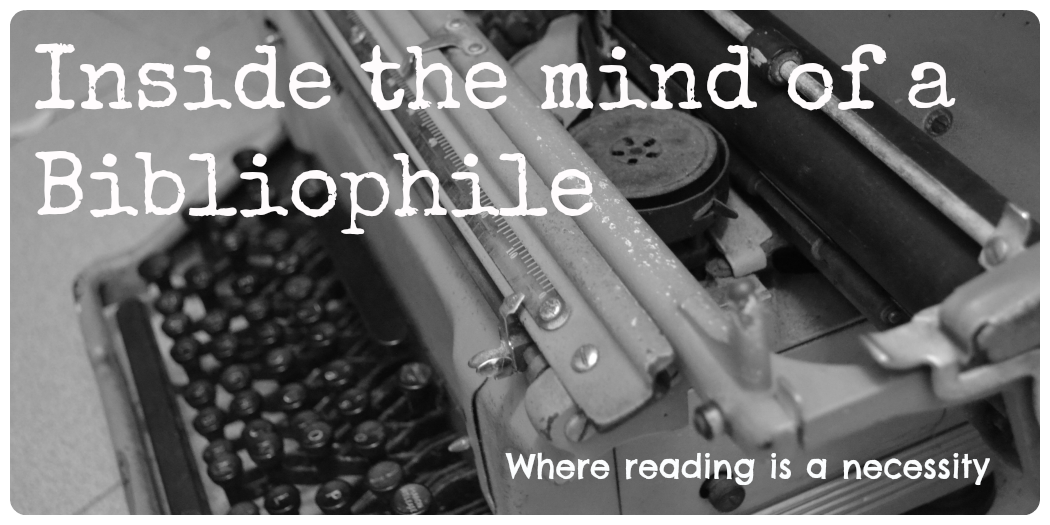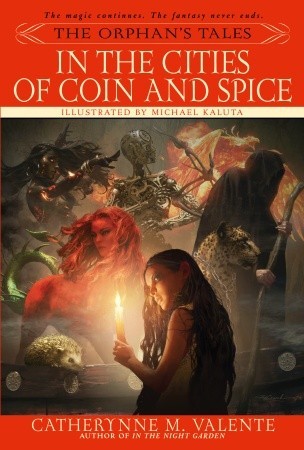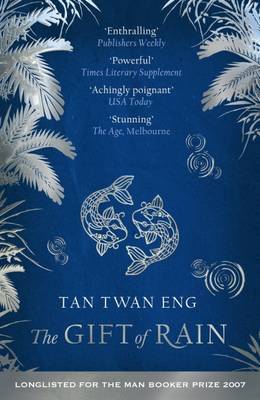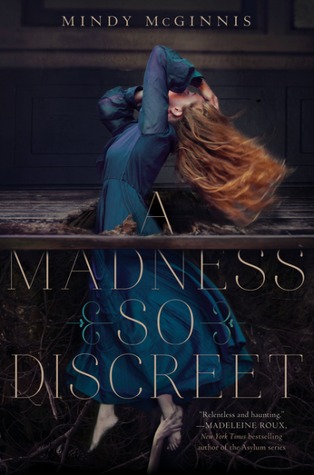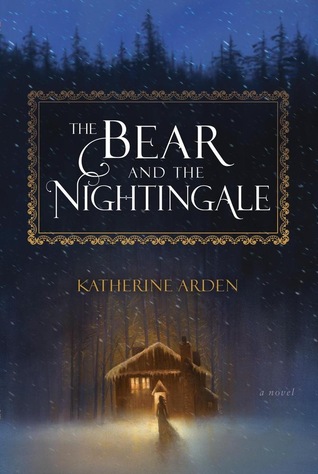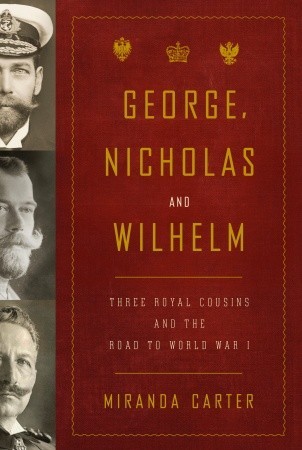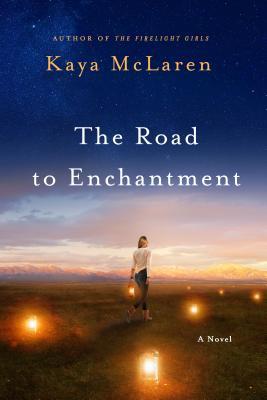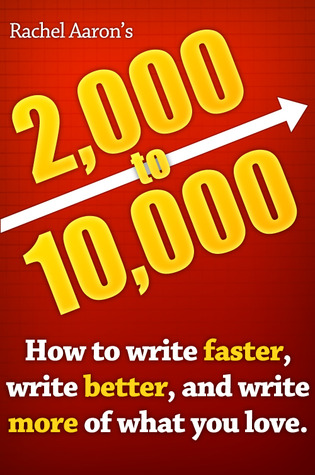Singapore's Nonfiction Bestseller List
Last Saturday, an article titled "
Can Singaporeans Read?" appeared in The Straits Times. I have loads of things to say about it, but these two passages caught my eye:
"One clue to what Singaporeans read is provided by The Sunday Times' bestseller list. The list of non-fiction books should be seen as a national wall of shame. Instead of looking at the world and trying to understand how it is changing, Singaporeans indulge in self-help books.
[...]
Even the titles are embarrassing. They include Money: Master The Game And Jumpstart Your Priorities. Week after week, Singaporeans drown themselves in self-help books. The underlying assumption of many Singaporeans seems to be that if I take care of my individual self, I will be fine."
There are basically two claims here:
1. Singaporeans indulge in self-help books.
2. Singaporeans read embarrassing self-help books.
I don't know why, but I was intrigued by the statement, so I went to verify it. Basically, I decided to take about one year and one week's worth (so 2016 and the first week of 2017) best selling titles and see how many weeks they spent on the chart, and what their genre was.
I determined genre by going to Goodreads and reading the book description and seeing which "shelves" the book has been assigned. Normally, there's one that stands out and I took that as the genre (ignoring the "nonfiction" shelves). In certain cases, like Elon Musk, a book could be shelved as Technology or Biography, so I put the main genre as whatever was more and listed the second "genre" in a separate column
By the way, something is off with the Strait's Times site so I only ended up with 50 weeks worth of bestsellers, but I think 500 data points should be enough.
First up, let's look at the most popular books. In this case, I defined popular books in terms of staying power (i.e. How many weeks they stayed on the Best Seller list). These are books that have been in high demand for a long time.
The complete list:
The image may be a little hard to read, but the top 10 books are:
1. When Breath Becomes Air by Paul Kalanithi (46 weeks)
2. Elon Musk by Ashlee Vance (45 weeks)
3. Connectography by Parag Khanna (36 weeks)
4. A Hakka Woman's Singapore Stories by Lee Wei Ling (35 weeks)
5. Never Give Up: Jack Ma In His Own Words by Suk Lee and Bob Song (23 weeks)
6. Winning With Honour by Lim Siong Guan and Joanne Lim (21 weeks)
7. Warren Buffett's Ground Rules by Jeremy C Miller (20 weeks)
8. The 21 Most Powerful Minutes In A Leader's Day by John C Maxwell (20 weeks)
9. Inventology: How We Dream Up Things That Change The World by Pagan Kennedy (18 weeks)
10. Primary Greatness by Stephen R Covey (17 weeks)
Out of these 10 books, 4 are biographies/autobiographies, 3 are on business/economics and only 3 are on self-help. Self-help doesn't even make the top 5.
Clearly, Singaporeans are not drowning themselves in self-help books. But I was on a roll at this stage, so here's the breakdown of books by genre (I included both the main and secondary genre because you never know why someone reads a book):
Business/economics related books are the largest genre at 33%. Self-help is the second at 17%, but it wins only by 1 percentage point to biography/autobiography which is 16% of the list. And as the top 10 books showed, biography/autobiography has a lot more staying power.
Looking at this and the rankings, I am reasonable confident in saying that no, Singaporeans do not indulge in self-help books. In fact, they have an interest learning from others (as seen by the biographies) and learning about the outside world (as seen by books like Connectography: Mapping the Future of Global Civilisation, which spent 36 weeks on the bestseller list).
Incidentally, the books mentioned in the article - Jumpstart your Priorities (the author seems pretty popular too) and The Money: Master Your Game - spent 10 and 4 weeks respectively on the best seller list. Jumpstart your Priorities is number 20, and The Money is much lower.
Limitations of the data
The bestsellers list is a "compilation of lists from Books Kinokuniya, MPH, Times and Popular Bookstores". In order words, it doesn't factor in library loans or the ebook market. I don't know how big each of these left-out segments are, but it's possible that adding them in could switch the top books quite drastically.
Still, if the purchasing trends offline are the same online, and are similar to books being borrowed, then I'm reasonable confident that the conclusions I made will hold.
Thoughts on 'Can Singaporeans Read by Kishore Mahbubani'
My criticisms start with the title, which may not be very fair if the author didn't choose it. But it's one of the rare question-style questions where answering "no" would be a mistake.
Can Singaporeans read?
Obviously. I think our education has given us at least rudimentary reading and writing skills.
The title might be better phrased as 'Do Singaporeans read?' but since the author is accusing us of reading too much of one genre, that isn't really appropriate either.
Perhaps the most accurate (but spoiler-y) title would be "Do Singaporeans read too much self-help books?"
The first section of the article is on the changes in the world. Not much to comment on here. It then segues into 'some people were surprised about these changes but not me' sort of thing, plus a mention of the author's book. Personally, I don't think surprise = did not know. They could have read the predictions and just didn't believe it but whatever.
And then it goes into the section that raised my eyebrows, the 'Wall of shame' that is our nonfiction bestseller list (although it seems that he and I are looking at two very different lists).
To be honest, what is the problem with reading self-help? If self-help is what gets someone to start something new, to face a problem, to move to a better place, then bravo for self-help books.
Sometimes, you need to help yourself before you can help the world.
And besides, what is the definition of self-help? There are corny titles, but what about books like Grit by Angela Duckworth (also on the list) and Peak by Anders Ericsson (didn't see it on the list but you should read it). Both books could be classified as self-help, but they are based on research and could be used to create programmes that help others.
The author also says that
"(As an aside, I'd like to point out that the New York Times has created a sensible precedent of separating self-help books from the serious books, and I think other papers, including The Sunday Times, should emulate this practice.)"
Personally, I think that the New York Times Bestseller list, while famous, has its own problems and it's a bit disingenuous to invoke it without acknowledging that. After all, this is the list that created the Children's section in response to Harry Potter, the list that at one time could be bought, the list whose controversies include the specific exclusion of books it doesn't like (like Ted Cruz). The rules are constantly changed (no more multi-author box sets, and too bad for you if most of your fans like to buy from Amazon) and it's not an unreasonable conclusion that the NYT bestsellers list is not as impartial as one might think.
I mean sure, we could separate the list into thousands of sub genres, but then what's the point? Like I said before, what's so bad about self-help?
People read books for different purposes, and maybe people read self-help because they find something valuable in it that 'serious' books don't have. Besides, how do we know that these people aren't reading the latest articles instead of books? Books, especially those published by traditional publishers, have a fairly long lead time.
For example, a book on Industry 4.0 may become obsolete one month after it comes out because of how rapidly the industry is changing. At least in my personal experience, articles and conversations at trade fairs were far more relevant and easier to get my hands on.
In summary, I have three problems with this article:
1. Casting self-help books as a problem
2. Ignoring the possibility that Singaporeans are getting their information about the outside world from sources other than books.
3. Inaccurately describing the reading habits of Singaporeans.
